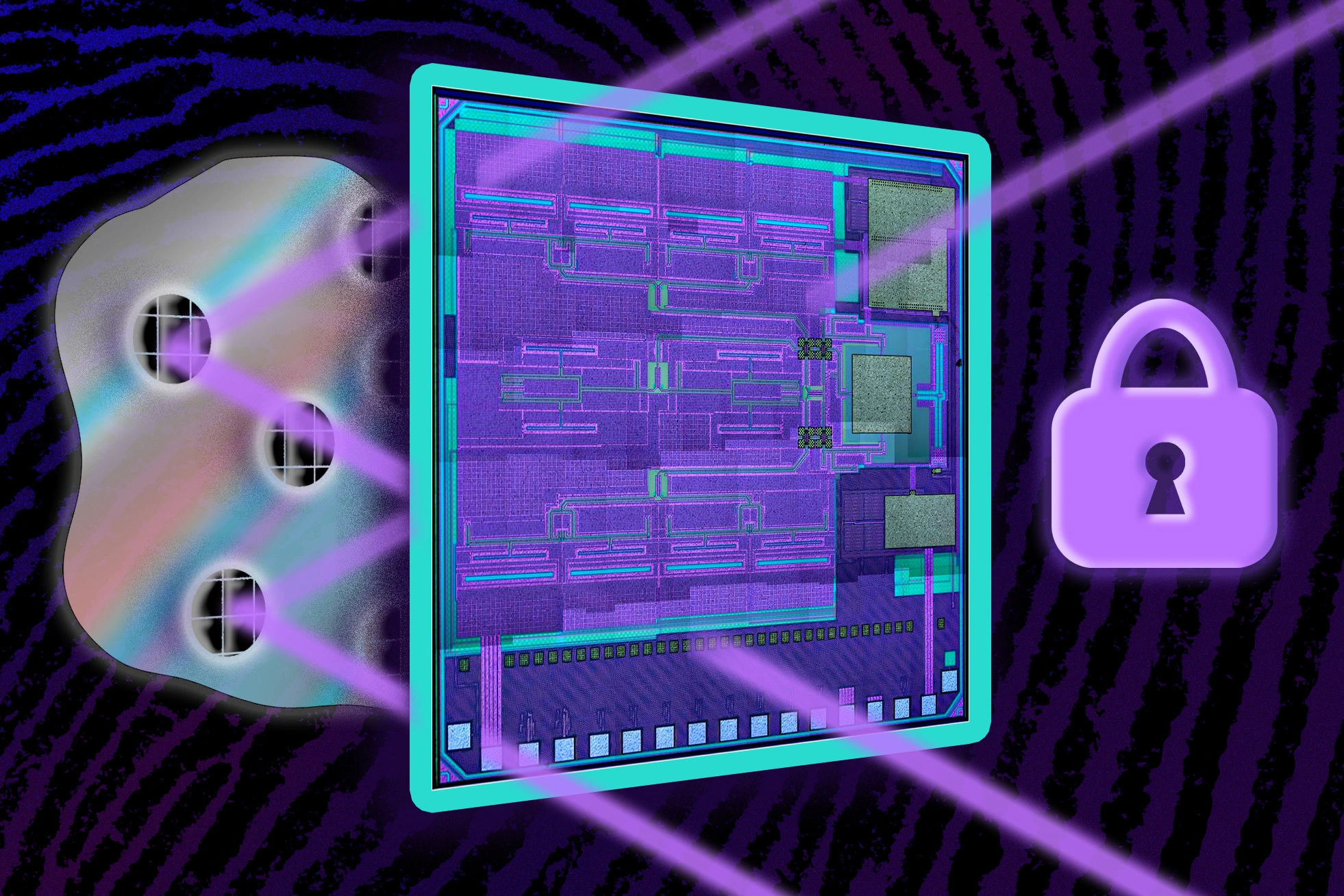TL;DR MIT researchers have developed an antitampering ID tag that is tiny, cheap, and secure. It is several times smaller and significantly cheaper than the traditional radio frequency tags that are used to verify product authenticity. The tags use glue containing microscopic metal particles. This glue forms unique patterns that can be detected using terahertz waves. The system uses AI to compare glue patterns and calculate their similarity. The tags could be used to authenticate items too small for traditional RFIDs.



Then you’re in for a bad time. It’s a game changer, even if over-hyped.
My problem is that “AI” is an overly broad term that leads people to conflate very different technologies. I just want people to use more specific language.
There’s a corporate initiative where I work that we’re going to offer AI in 2024. When I politely asked to expound on that, I was met with blank stares.
Like motherfucker do you realize even MS Teams uses AI for meeting transcription
“Offer Ai…for what?”
". . . we’re going to offer Ai. To. . .have. . .Ai. . . ."
I mean they could call it machine learning instead but that is just a type of AI.
Machine learning: we don’t know how it works AI: we don’t want you to know how it works
Exactly. They might as well write “magic” since it’s about as descriptive.